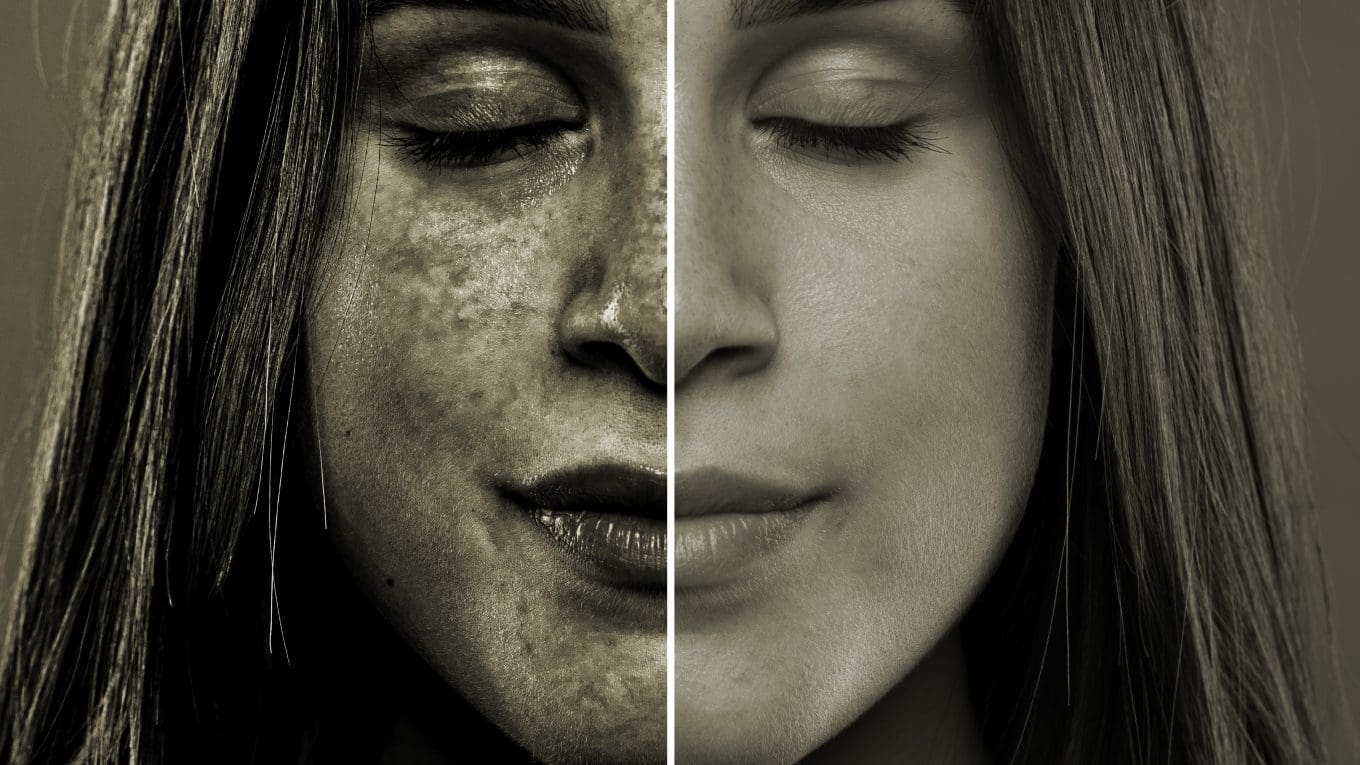Skin Cancer – The Risk is Real
With the summers getting hotter, and the winters more extreme, it is tempting to want to take full advantage of the sunshine. However, sun exposure can be dangerous, so we need to make sure we take precautions to reduce the likelihood of skin cancer and long-term consequences.
Why do I need to be careful of my sun exposure?
Skin damage and most skin cancers are caused by exposure to the sun, either cumulative exposure over a long period of time or from being exposed to too much sun within a short period and getting sunburnt.
The sun is a source of ultraviolet (UV) radiation. UV light is the main cause of most skin cancers as it damages DNA in the cells of our body. People who work outdoors, such as farm workers, builders and gardeners, can be at higher risk than others of developing cancer, as they are often exposed to the sun for long durations.
How do I protect my skin from the sun?
- Use a high factor sun cream (factor 30 SPF or above) when you are out in the sun and re-apply regularly (every 2 hours)
- Do not let your skin burn. Evidence suggests that being burnt just once every two years can triple your chances of malignant melanoma
- Spend time in the shade when the sun is at its strongest (11am to 3pm)
- Wear cotton clothes and a hat to protect your face and neck
Keep an eye on any skin changes
There are two main types of skin cancer: non-melanoma skin cancers (the most common types being basal cell carcinoma and squamous cell carcinoma) and melanoma skin cancer. The term non-melanoma distinguishes these more common types of cancer from the less common skin cancer known as melanoma.
Non-melanoma skin cancers usually develop in the outermost layer of skin (epidermis), and are often named after the type of skin cell from which they develop. Non-melanoma skin cancers tend to develop most often on skin that is exposed to the sun.
Melanoma skin cancer is a cancer that begins in the melanocytes, the cells in the skin and eyes that produce and contain the pigment melanin. It is a type of skin cancer that can spread to other parts of the body. The most common sign of melanoma is a new mole or a change in appearance of an existing mole. This can occur anywhere on the body, but the most commonly affected areas are the back in men and the legs in women.
To spot skin cancer early it helps to know how your skin normally looks, so you will notice changes more easily. Ask your partner or a friend to check any areas that you can’t see easily, like your back.
When should I see my doctor?
Please see your doctor if you have:
- A spot or sore that does not heal within 4 weeks
- A spot or sore that hurts, is itchy, crusty, scabs over or bleeds for more than 4 weeks
- Areas where the skin has broken down and does not heal within 4 weeks
- Any changes to your moles
If in any doubt, visit your GP so that they can examine you and advise accordingly.






